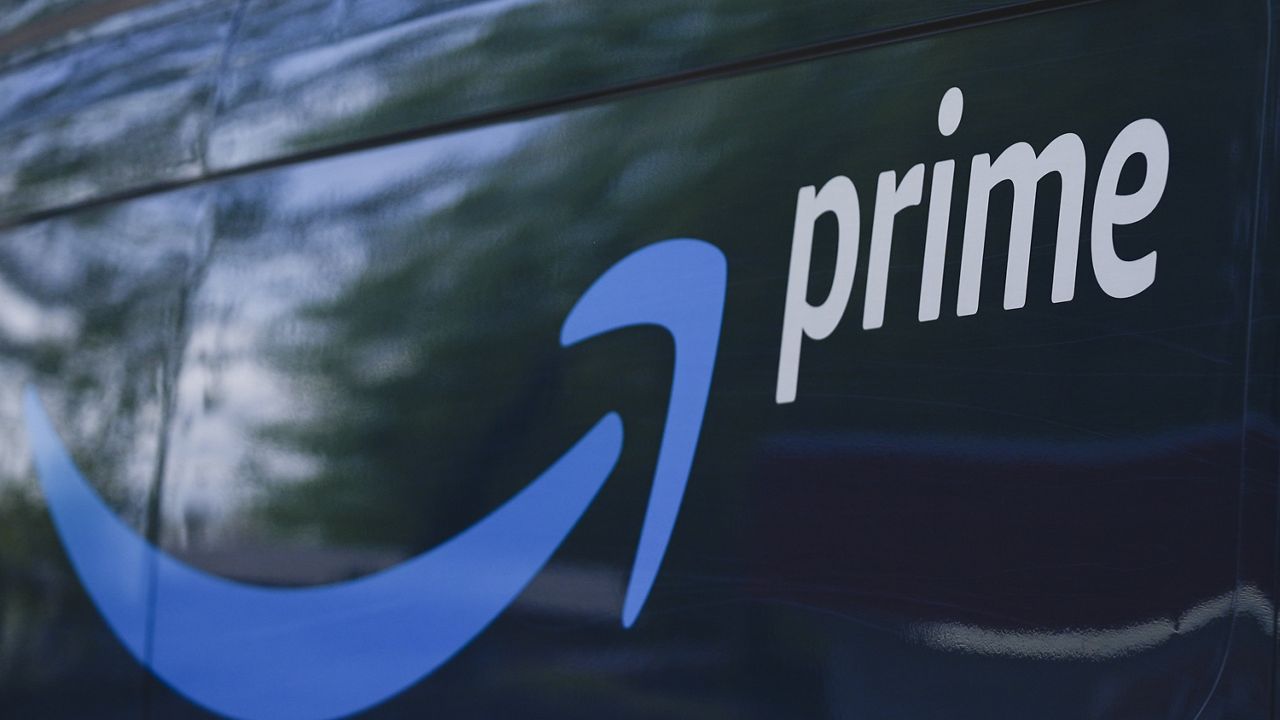In your rush to snag all the deals offered during Amazon’s Prime Days, make sure you’re still paying attention to what you’re clicking, where you’re clicking and who you’re buying from.
The Better Business Bureau is urging people to be observant during the massive online retailer’s two days of slashed prices, which end July 17. Online shopping deals tend to extend beyond Amazon, the BBB says, as other online companies offer their own deals to take advantage of the rush to online shopping.
“More deals are beneficial for businesses and consumers, but the excitement can lead to people falling for phishing scams, misleading advertisements, and look-alike websites,” BBB President Judy Follison said in a press release. “Scammers are always strategic in exploiting current events.”
In particular, the BBB recommends you double check websites look right. That means that the business name is spelled right and has the right customer service phone numbers. In the same vein, if a deal looks too good to be true, it might be.
“Also, use common sense when evaluating deals,” the release reads. “If a company claims to be selling the hottest item of the year at a super low price, it’s probably a con.”
They caution against phishing scams during times like these, especially if you’re shopping around on various different sites. According to the Federal Trade Commission, a phishing scam “is a type of online scam that targets consumers by sending them an e-mail that appears to be from a well-known source” that “asks the consumer to provide personal identifying information.”
The BBB says that sometimes these messages will tell you there’s an issue with a delivery or even impersonate an Amazon representative saying they need to fix an account issue.
Be careful where you click, especially since sometimes online ads will send you to “scam websites.”
“Con artists often create lookalike websites that, at first glance, appear to belong to a trusted retailer,” the release reads. “But when the URL is examined the domain name is slightly different (i.e., Instead of Popularstore.com, the URL might be PopvlarStore.com or PopularStoreOnline.com).”
The BBB offers the following tips for spotting and avoiding scams during Prime Days:
- Keep an eye out for fake websites by checking their grammar, looking for contact info, reading reviews or even looking up the age of the domain
- A professional photograph does not mean authenticity, as photos are easily stolen
- Check that the website you’re visiting is secure by either spotting the “s” in https in the address bar or for the lock icon in the same place
- If a desirable item is sold out everywhere you look, be cautious of a site promoting a great deal on it
- Make sure you pay with a credit card in case you need to contest unapproved charges
Finally, the BBB also warns about the dangers of thieves seizing the opportunity to steal packages during this time of increased deliveries.



